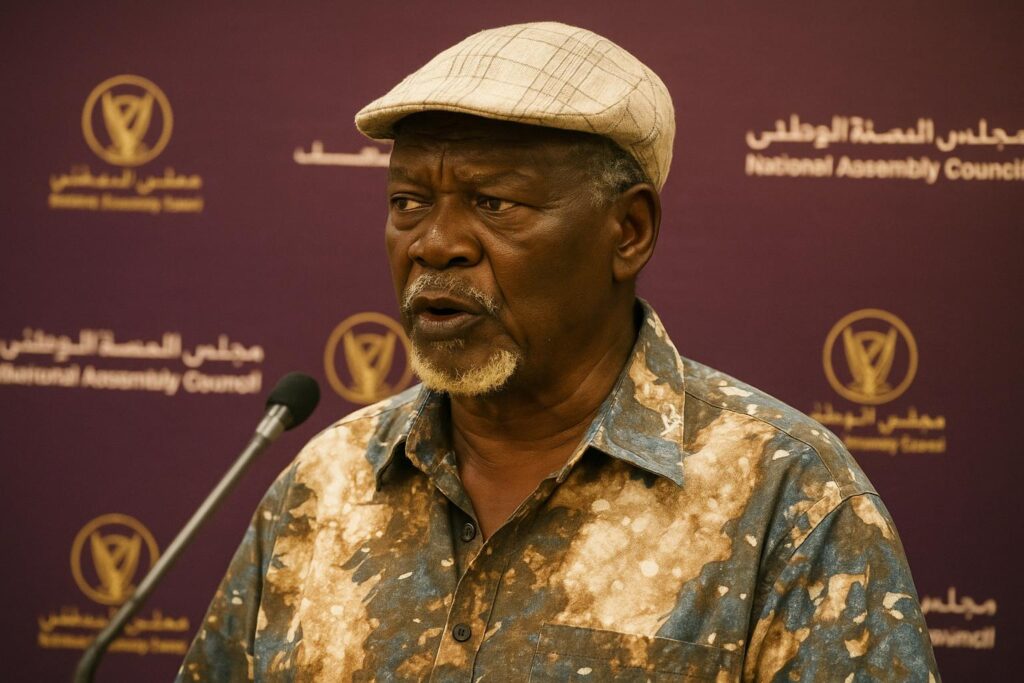Peace Accord Facing Critical Deadline
On 2 February, Juba and the SPLM/A-IO Kit-Gwang faction endorsed a 12-month peace accord negotiated in Port Sudan. The timeline will elapse in three months, yet signatories acknowledge that key benchmarks remain unmet.
Sudanese military mediators and former National Security Service chief Gen. Akec Tong Aleu appended their signatures, hoping to fast-track the integration of Kit-Gwang troops into the South Sudan People’s Defence Forces and to appoint Gen. Simon Gatwech Dual deputy commander-in-chief.
Kit-Gwang Cites Implementation Gaps
Spokesperson Musa Abraham told Radio Tamazuj that not a single clause has moved beyond words. The five-member advance team remains in Juba, but tangible steps such as troop deployment or Gatwech’s appointment have yet to materialise.
Abraham attributes the slowdown to violence in Nasir, shifting political currents in Juba, and the dismissal of Gen. Akec Tong Aleu. He insists the faction still prefers dialogue, but warns the agreement authorises withdrawal if deadlines pass without extension.
Government Position Remains Guarded
National Security Service officials told negotiators they remain committed, according to Abraham, yet no public roadmap has been released. Repeated attempts by reporters to reach NSS spokesperson David Kumuri for comment were unsuccessful.
Profile of Gen. Simon Gatwech Dual
Gatwech assumed SPLA-IO chief-of-staff duties in 2014 but stayed outside Juba after the 2018 peace accord, citing stalled security arrangements. He later rejected a presidential advisory role in 2021, fearing relocation would weaken his bargaining power.
The Kit-Gwang Declaration issued in August 2021 removed Dr Riek Machar as SPLM/A-IO leader and installed Gen. Johnson Olony as deputy. Subsequent friction spawned armed clashes before Olony re-aligned with Juba.
In February 2025, Gatwech signed the current Port Sudan agreement, accepting integration and the deputy commander-in-chief post. Observers viewed the move as a crucial litmus test for wider security reforms.
Possible Paths Ahead
Negotiators may request an extension or accelerate implementation in the remaining quarter. Analysts note that integrating Kit-Gwang forces could boost confidence in the national army and reduce the allure of splinter groups.
For now, both sides publicly affirm commitment. Whether pledges translate into verified actions before the clock runs out will shape South Sudan’s fragile peace landscape for years to come.


